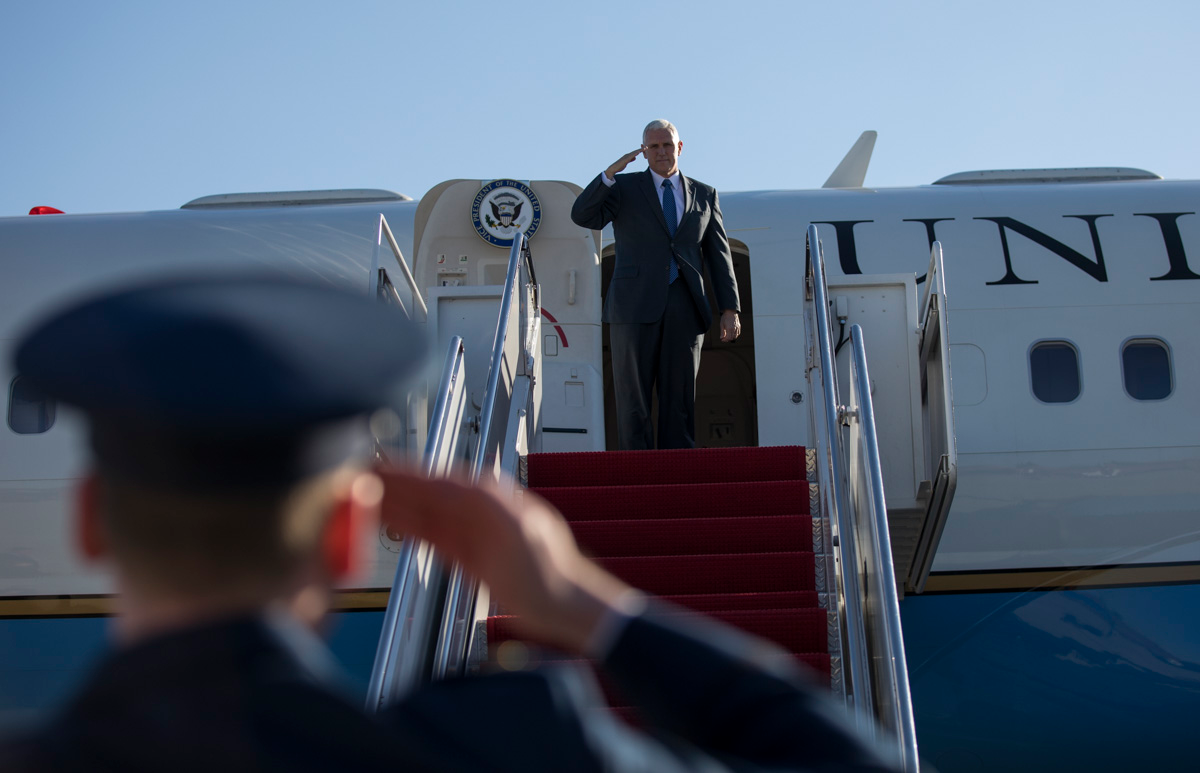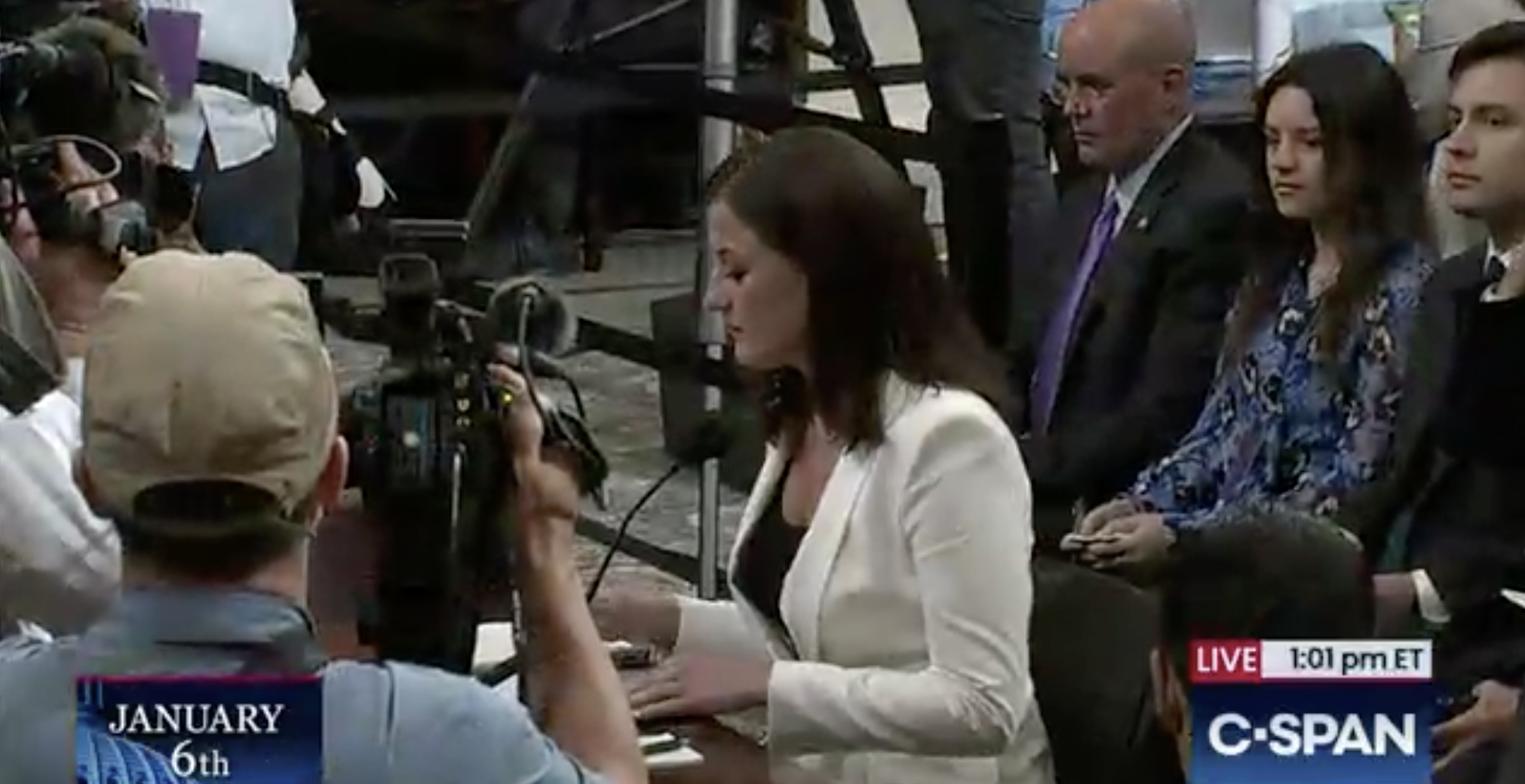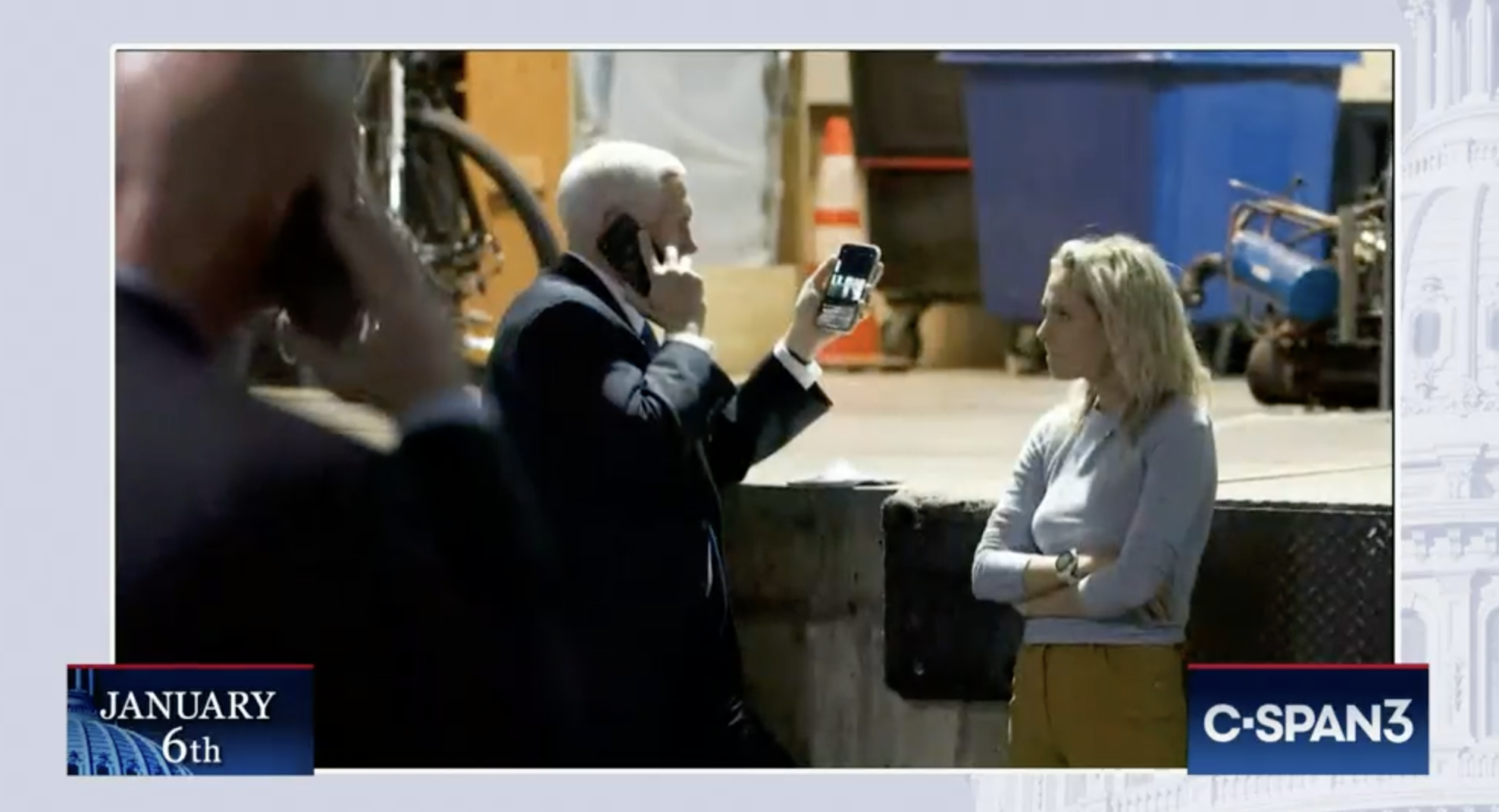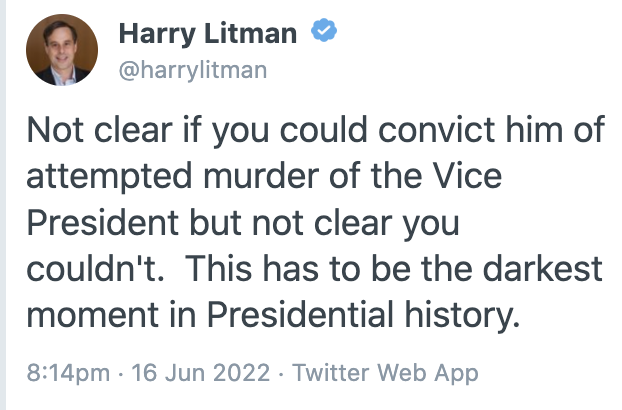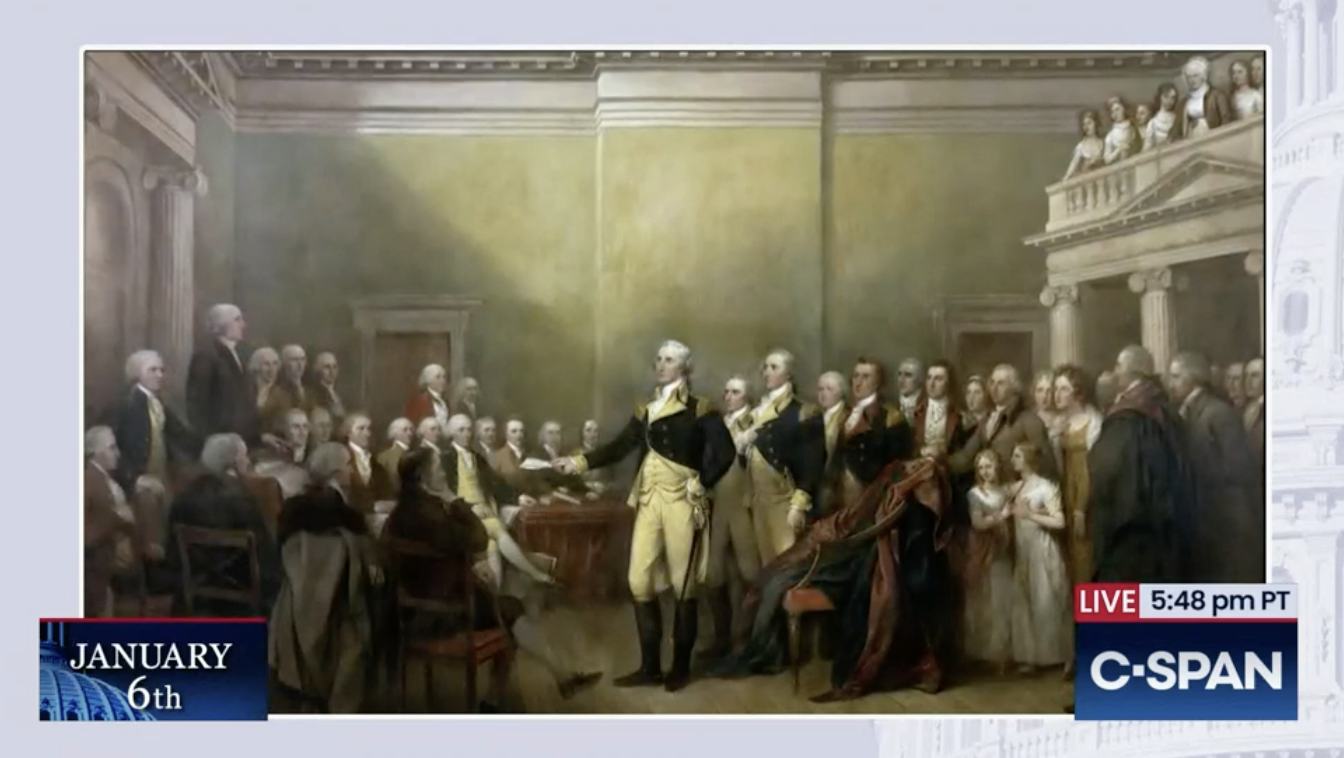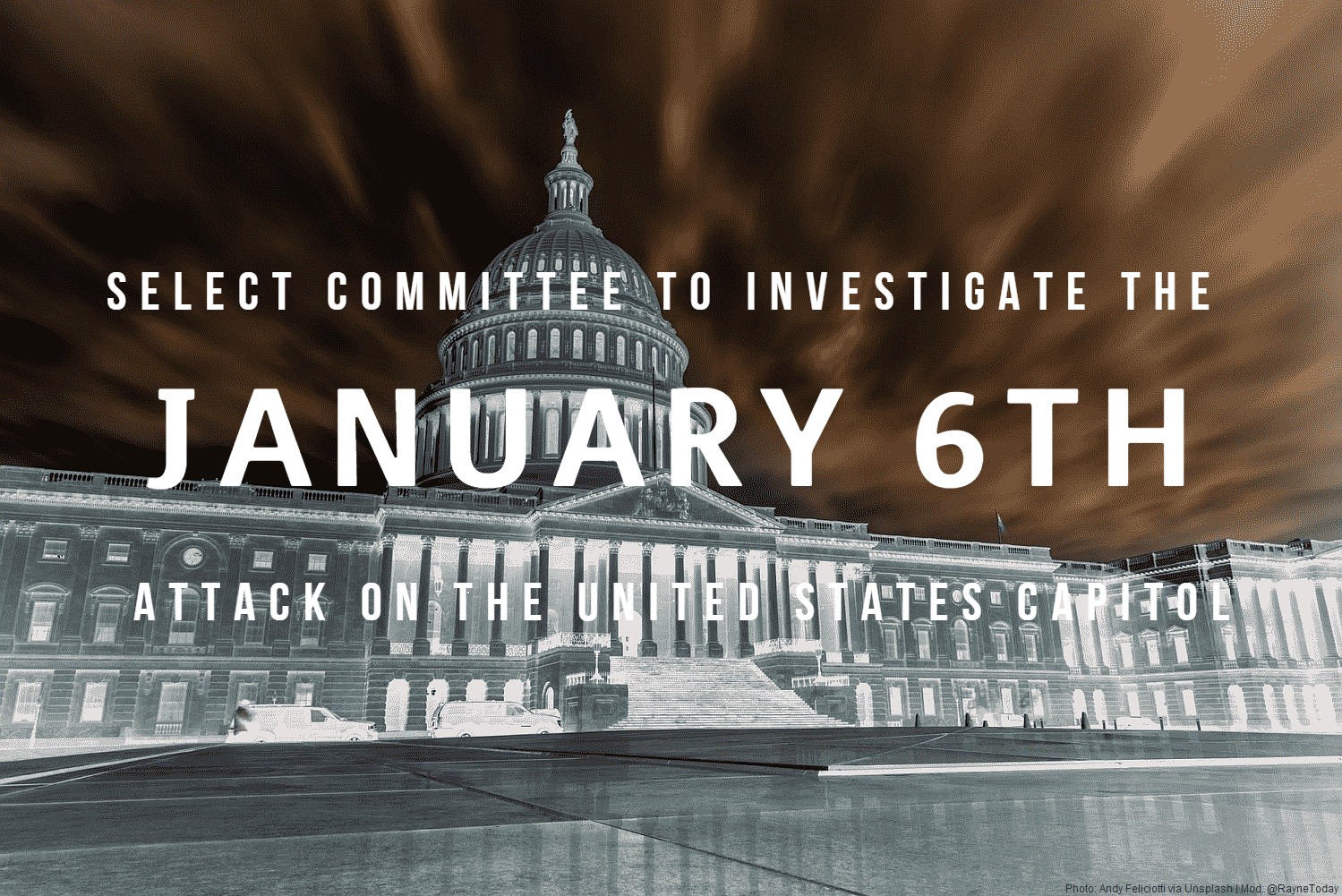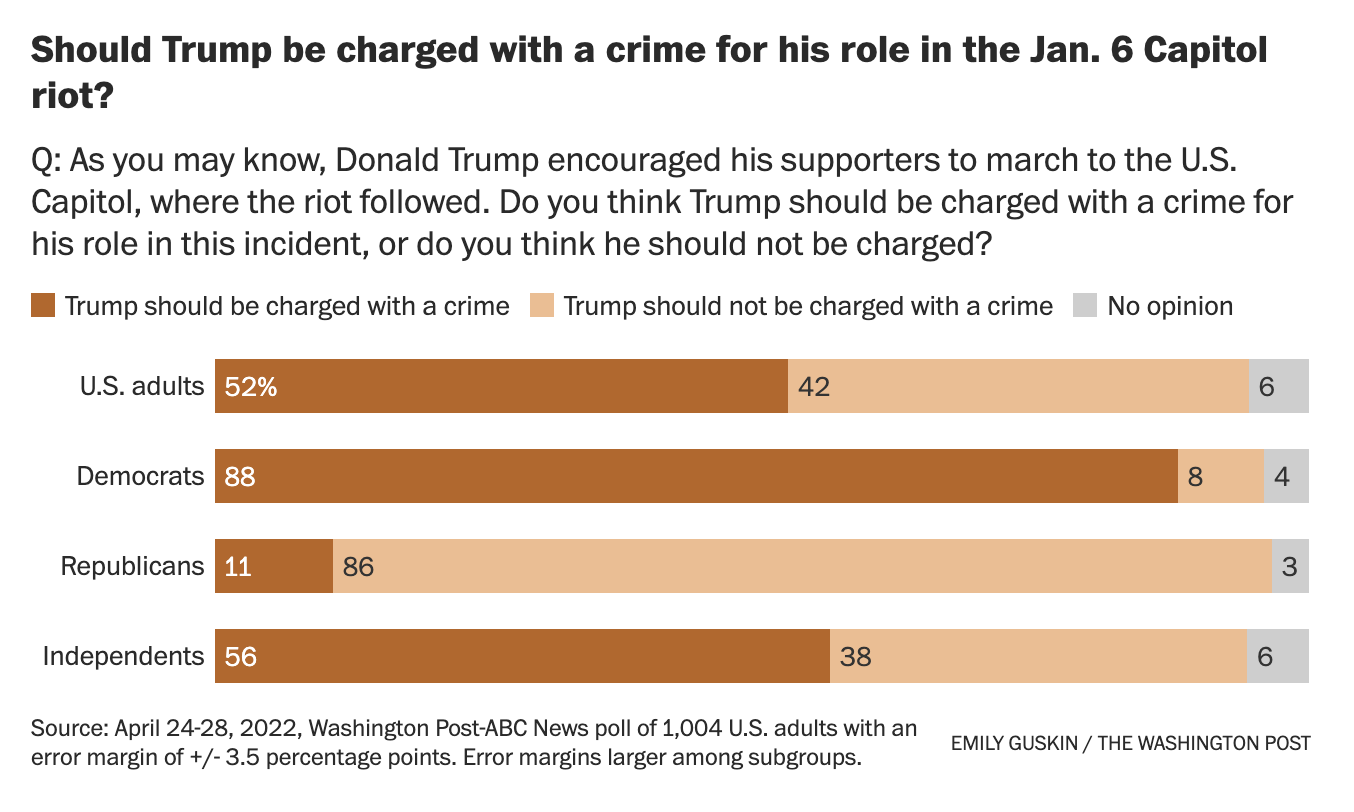The passage of the election has set off the Merrick Garland whingers again, people who like displaying their ignorance by claiming there has been no sign of progress on the investigations into Trump when (often as not) there were signs of progress that the whingers are ignoring in the last few days.
Yes. It has been almost a week since the close of polls last Tuesday. No. Merrick Garland has not carted Trump away in a paddy wagon yet (nor would the FBI, if and when they ever did arrest him).
Yes. We actually know why Garland hasn’t done so — and it’s not for want of actions that might lead there.
There are still known steps that have to or probably will happen before Trump would be indicted in any of the known criminal investigations into him. For those demanding proof of life from the DOJ investigations into Trump, you need look no further than the public record to find that proof of life. The public record easily explains both what DOJ has been doing in the Trump investigations, and why there is likely to be at least a several month delay before any charges can be brought.
The reason is that DOJ is still pursuing the evidence they would need before charging a former President.
Here’s an update on the various investigations into Trump (I’ve bolded the two appellate deadlines below).
Stolen documents
The reason I’m particularly crabby about the Merrick Garland whinging is because people were accusing DOJ of inaction hours after DOJ’s most recent step in the investigation into Trump’s stolen documents. On November 3, for example, DOJ compelled Kash Patel to testify before a grand jury under grant of use immunity, testimony that would be necessary, one way or another, before charging Trump, because DOJ would need to rule out or at least account for any claim that Trump mass-declassified the documents he stole.
DOJ continues to fight to ensure it can keep the documents it seized on August 8, and to be permitted to use the unclassified documents it seized in the investigation. The most recent filings in that fight, as I wrote up here, were filings about the disputes Trump and DOJ have about the seized documents, which Special Master Raymond Dearie will use to rule on those designations by December 16. After Dearie does that, Trump will dispute some of Dearie’s decisions, and Judge Aileen Cannon will make her own decision de novo. She has not set her own deadline for how long that decision would take. But if the Special Master process is the means by which DOJ guarantees its access to the evidence against Trump, it won’t be resolved until after the New Year, even assuming DOJ won’t have to appeal some ridiculous Cannon ruling.
Short of doing a search on another Trump property, preferably in Virginia but possibly in New Jersey or New York, this case cannot be charged until DOJ can present documents the custody of which it has guaranteed to a grand jury. DOJ has to make sure they have the evidence they would use to charge Trump (though adjudicating these disputes now might make any prosecution quicker on the back end).
That said, DOJ may guarantee custody of the documents it seized in August more quickly, via its challenge to Cannon’s decision to appoint a Special Master in the first place, in the 11th Circuit. Trump’s response to that appeal, which he submitted on November 10, seemed desultory, as if Chris Kice knows they will lose this appeal (indeed, that seems likely given that both the 11th Circuit and SCOTUS have already declined to see the case in the way Trump would prefer). DOJ’s response is due on November 17. Because of the way the 11th Circuit has scheduled this appeal, the panel reviewing it will be prepared for oral argument on rather quick turnaround. Even so, DOJ is not likely to guarantee access to these documents via any favorable 11th Circuit decision (which Trump will undoubtedly appeal) before December 1, and it would take about a week to present any case to the grand jury. So the very earliest that DOJ could indict this case would be early- to mid- December.
Update: In a filing submitted on November 8 but only unsealed today, DOJ asked Raymond Dearie to recommend that Judge Cannon lift the injunction on the 2,794 out of 2,916 documents over which Trump is making no privilege claim.
Update: The 11th Circuit has set a hearing for November 22, so DOJ may actually have access to those files sooner than December 1, though not all that sooner.
January 6 investigation(s)
There are at least four ways that Trump might be charged in conjunction with January 6:
- For asking Mike Pence to illegally overturn legal votes and then threatening him, including with violence, when he refused
- For setting up fake electors to contest the election
- For fundraising off false claims of voter fraud and using the money to benefit those who helped the attack
- Via people like Roger Stone, in a networked conspiracy with those who attacked the Capitol
DOJ sent out subpoenas in the first three prongs of this just before the pre-election pause. This post summarizes who was included.
These are all (and have been) intersecting conspiracies (this CNN story describes how many areas the subpoenas cover). For example, since January, it has been clear that the top-down investigation most visible in the January 6 Committee work and the crime-scene investigation visible in ongoing prosecutions had converged on the pressure both Trump and the mob focused on Mike Pence. It’s unclear how DOJ will treat the intersection of these investigations, and whether DOJ will wait for all prongs to converge before charging.
The Mike Pence prong is where DOJ made its most obvious progress during the pre-election pause. On October 6, Mike Pence Counsel Greg Jacob testified before a grand jury. October 14, Pence’s Chief of Staff Marc Short testified. Also in October, DOJ asked Beryl Howell to compel Trump’s White House Counsels Pat Cipollone and Pat Philbin as well. I’m not aware of the status of appeals on that (or whether Judge Howell compelled testimony from the two Pats in the meantime). We know that all four men would describe the debates over the extent of Pence’s authority to reject lawful electors, including the recognition from people like John Eastman that their legal theories were unsupported by law. The two Pats would also testify about Trump’s reaction to the mob, as he watched the attack on the Capitol from inside the White House dining room, including the tweet that specifically targeted Pence. These are all very credible first-hand witnesses to Trump’s words and actions both in advance of and during the attack. Obtaining their testimony would be necessary before charging a former President. But DOJ’s efforts (and success) at obtaining their testimony reflects the seriousness of the investigation.
The publication of Pence’s book, which relays his version about exchanges with Trump, would seem to invite a demand from DOJ that he testify about the same topics to the grand jury as well, particularly given the way he spun the story in ways that might help Trump. If I were a prosecutor contemplating charging the former President, I would want that potentially exculpatory (to Trump) locked in under oath. And any claim from Pence that he can’t share these details because of Executive Privilege seem ridiculous in the face of a book tour. But if DOJ decided they needed Pence’s testimony it might result in delay.
It’s unclear how much progress DOJ has made on the subpoenas issued before the pause. None of those subpoenaed have been spotted at grand jury appearances at Prettyman (though that may change this week). In particular, there are a bunch of senior Republicans involved in the fake elector plots from whom I expect DOJ to try to lock in testimony.
But two things may cause delay in any case. First, as I wrote here, subpoenas (generally served on people who might be expected to comply) are easy, because they require the person who received the subpoena to do the search for the subpoenaed materials. But it takes time to exploit phones, all the more so if the phone was seized without some way to open it. Here’s how long the communications of various high profile people have taken to exploit:
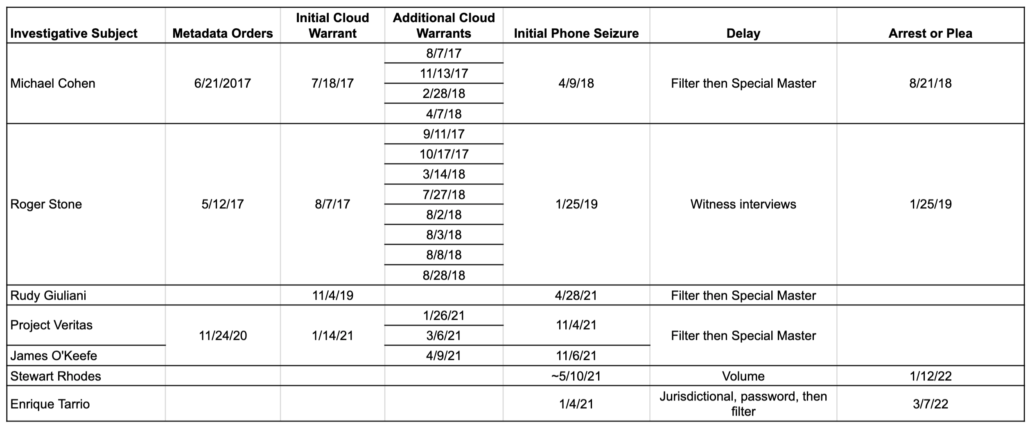
This is not indolence. It is physics and due process: it just takes time to crack phones, to filter the content, and to scope what is responsive to a warrant.
Among the steps taken before the pause, in early September, DOJ seized the phones of Boris Epshteyn and Mike Roman. While it’s possible DOJ will be able to accelerate the process of exploiting these phones (they have done so with Oath Keeper lawyer Kellye SoRelle’s phone, as last week DOJ submitted material that had gone through a filter review from the phone seized from her in early September in the sedition case), you should not assume they can fully exploit these phones (with whatever Signal content is on them) in less than six months, so March. In Epshteyn’s case, his claims to be playing a legal role in the stolen document case may cause further delays because of a filter review.
As someone involved in vote fraud efforts, Latinos for Trump, and the Oath Keepers, SoRelle is one of the pivots from the White House and Willard focused activities to the crime scene. DOJ seems closer to moving against others at that pivot point. Roger Stone, for example, has been mentioned over and over in the Oath Keeper trial. But that’s probably several months off. Alex Jones sidekick Owen Shroyer has been given until the end of the month to decide whether he wants to plead or take his chances on further charges. And I expect DOJ will wait until the verdict at least in the Oath Keeper case (they might not even get through all the defense witnesses this week), and possibly in the more complex Proud Boy case (which would be February barring likely unforeseen changes), before going too much further.
There’s one more thing that may delay any more spectacular charges in January 6. The oral argument for DOJ’s appeal of Carl Nichols’ outlier decision on the application of 18 USC 1512(c)(2) to the insurrection won’t happen until December 12. It drew a pretty unfavorable panel for that hearing (listed as Joseph Fischer here): Trump appointees Greg Katsas (like Nichols, a former Clarence Thomas clerk, who also worked as Deputy White House Counsel in 2017) and Justin Walker (who is close to Mitch McConnell), and Biden appointee Florence Pan (who presided over January 6 cases before being promoted to the Circuit Court). It’s possible, but by no means certain, that the Trump appointees will do something nutty, in which case, DOJ would surely appeal first to the full DC Circuit panel; if they overturn Nichols, Garret Miller and the other January 6 defendants who got their obstruction charges thrown out will presumably appeal to SCOTUS.
Nichols’ decision, which ruled that January 6 did count as an official proceeding but ruled that any obstruction had to involve some kind of documents, probably wouldn’t stall any charges relating to the fake electors, which were after all about using fraudulent documents to overturn the vote certification. But it might lead DOJ to pause for other charges until the legal application is unquestioned. 18 USC 1512 is the charge on which DOJ has built its set of interlocking conspiracy charges, and so this decision is pretty important going forward.
Unlike the stolen document case, I can’t give you a date that would be the soonest possible date to expect indictments. But for a variety of reasons laid out here, unless DOJ were to indict on charges specifically focused on Mike Pence (with the possibility of superseding later), it probably would not be until March or April at the earliest.
Georgia investigation
The Georgia investigation, like the Federal one, was paused for a period leading up to the election (it’s unclear whether the run-off between Raphael Warnock and Herschel Walker will further delay things). But during the pre-election period, DA Fani Willis won decisions for testimony from Lindsey Graham and Newt Gingrich. Those grand jury appearances were scheduled for the end of this month (though may be pushed back). In any case, Willis has indicated that any charges from this investigation may come before the end of the year.
To be clear, none of this is a guarantee that DOJ (or Willis) will indict Trump and/or his closest aides. It is, however, a summary of the reasons that are public that all these investigations have been taking steps that would have to happen before they could charge Trump, and that most have additional steps that would have to happen before prosecutors could even make a prosecutorial decision.





